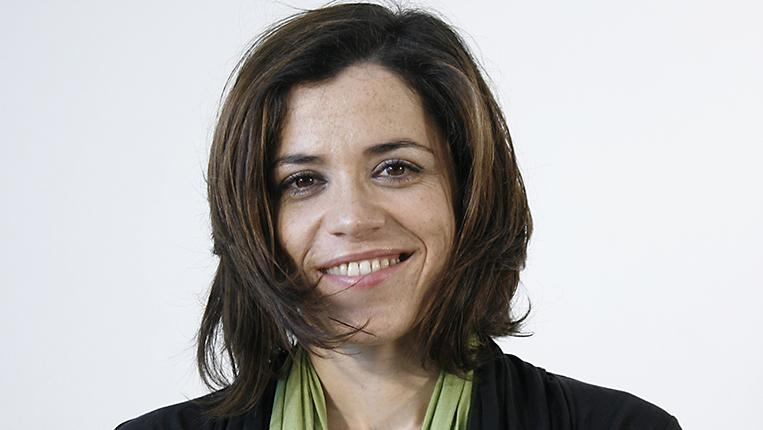The CU Intelligence: Theory and Processes aims to present the subject of Psychology of Intelligence. Besides the concept of Intelligence, will be studied its historical roots and main theoretical models (classical and contemporary), the main psychological processes related to intelligent behavior, the cognitive and intelligence development, and the basis and methods for the psychological assessment of intelligence.
Learning outcomes:
A. To learn the concept of intelligence and its historical root;
B. To differentiate the main theoretical models of intelligence (classical and contemporary);
C. To identify the main psychological processes related to intelligence;
D. To know the cognitive and intelligence development;
E. To know the basis and methods for the psychological assessment of intelligence;
F. To reflect critically on the concept of intelligence, its models and assessment.
At the end of the CU, students should be able to:
- Understand the concept of intelligence and its practical implications in the psychology field (Aim A);
- Have a deep knowledge in the classical and contemporary theoretical models of intelligence, as well as about their connections (Aim B);
- Identify strengths and limitations of the main intelligence theoretical models, being able to critically compare them (Aim B and F);
- Recognize and reflect on the relationship between intelligence and basic psychological processes (Aim C);
- Deeply understand cognitive and intelligence development since prenatal period to adulthood (Aim D);
- Know factors that can impact in cognitive and intelligence development (Aim D);
- Know methods of training cognitive competencies focused on structures and on strategies (Aim D);
- Frame into the theoretical models several psychological assessment tests of intelligence (Aim E);
- Identify the relevance of using a test attending to the subject assessment needs (Aim F).
Moreover, students should develop transversal skills, relevant for their training in Psychology:
- Critical thinking;
- Teamwork skills (e.g., ethic, negotiation, leadership, time management, self-organization);
- Communication of ideas and use of relevant arguments to support them;
- Appropriateness of verbal and non-verbal behavior in work situations/contexts.




